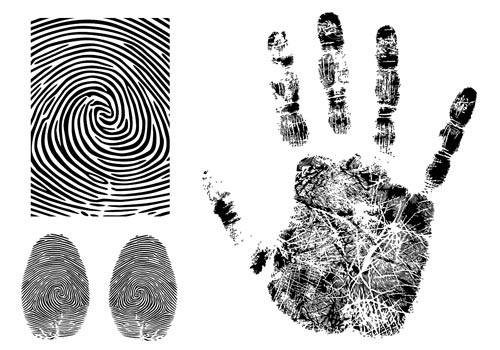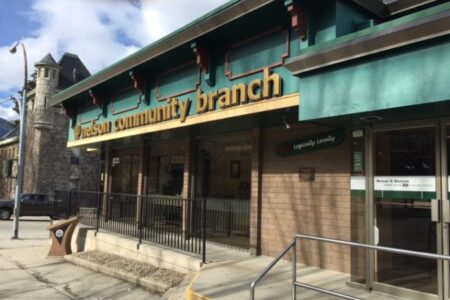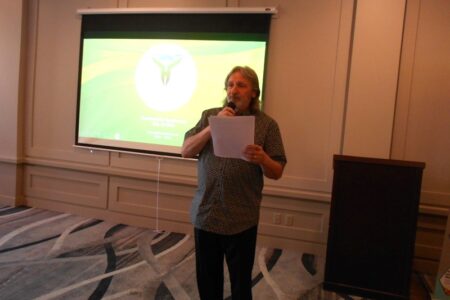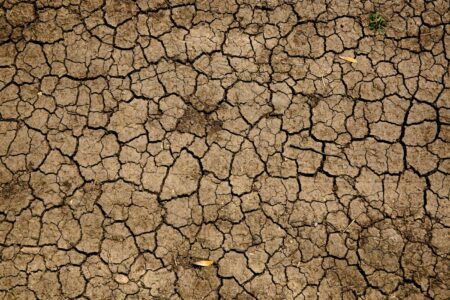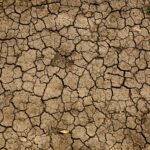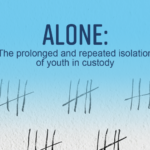Editorial: Fingerprints, security, and 'Big Brother'
A recent news item explained that a Vancouver doctor is upset that he was forced to undergo fingerprinting to prove that he was not a sex offender who had the same (or similar) name. He is quoted as asking, “Why are we being pulled aside as if we were criminals?”
Well, there’s the matter of having the same name as a criminal. That would do it. And personally, I’d be all too happy to prove that I am not that criminal. Or any criminal.
It may be, the same news item suggested, that sometime in the not-too-distant future, all doctors and nurses will be have to be fingerprinted, as they all work with people who are vulnerable.
Should we be outraged on their behalf, as the BC Civil Liberties Association suggests, or relieved that there will be another layer of protection for patients? In partial answer to the doctor’s question above, it’s no secret that some doctors have shown themselves to be criminals – to have taken advantage of their position of power and influence over susceptible patients. In 2010, a Toronto anaesthesiologist was arrested for molesting 21 women while they were under sedation; he lost his appeal of the conviction and was ultimately sentenced to 10 years in prison. And there have been other reports indicating that working in the medical profession has enabled others to abuse vulnerable patients. Googling “nurse” and “murder” reveals an astonishing number of medical professionals who have murdered patients, sometimes motivated by compassion, with others reportedly motivated by boredom or even sexual arousal.
Some others who occupy positions of power and authority over vulnerable people, where similar positions have historically been abused by some, are also being subjected to fingerprinting and other rules. Another news item reports that in Montreal, Catholic priests and church volunteers will have to provide digital fingerprints and are also prohibited from being alone with children. There was no suggestion that any priests were upset by these requirements.
In another field entirely, the Canada Revenue Agency (CRA) has begun fingerprinting anyone charged with tax evasion, a move discussed in a recent CBC article. I haven’t heard any cries of outrage over this move; only about the fact that too few big-time tax evaders are charged.
There is a fine line, or perhaps a broad grey area, between desirable protection of personal privacy and the desirable protection of vulnerable people and the public interest.
National Geographic Magazine’s February 2018 issue, with its cover topic “the new Big Brother,” includes an article on video surveillance by CCTV cameras, and posted a YouTube video demonstrating their use in Islington, one London, UK, borough. It’s worth watching, and less than two minutes long, for those with limited time. Readers: would you feel threatened if your community had that level and quality of CCTV coverage? Or would you feel safer?
Fingerprinting. CCTV surveillance. Dash-cams. The ubiquity of cell-phones and their wonderful built-in cameras. Are you concerned? Outraged? Or feeling okay about something that may be inevitable?
I’m not outraged. Not yet. Here’s why: we live in a world of very numerous, very mobile people, and we no longer know many of our neighbours very well, if at all. If we all still lived in villages where everyone knew everyone else all too well, and all strangers were suspect, then arguably there would be little need for the fingerprinting and the cameras. Not that I think xenophobia — unreasoning fear of strangers, fear of those different from “us” — and the racism that results from it is anything but deplorable and totally unacceptable. I’m in favour of according all strangers full respect unless and until their behaviour causes me to modify my level of respect for them. I also think that relatively few people should be defined for the rest of their lives by the one worst thing they’ve ever done. And that fingerprinting is not an outrageous invasion of privacy.
Our burgeoning population gives increasing cause for limiting privacy and personal freedoms. That’s only one of the downsides of failing to do the least intrusive and most helpful things that could curb the size of families in any country – like educating girls and women as well as boys and men, and including education about their bodies and about reproduction, and providing free birth control and other health care. And encouraging openness about abuses of power and about exploitation of the vulnerable. Including bullying.
But I do have concerns about how fingerprinting is used, just as I have concerns about our justice system, and those concerns boil down to one unfortunate fact: mistakes are made. Fingerprint analysis is done by humans, or by computers programmed by humans, and as we all know, to err is human. Steven Cowens of Massachusetts was wrongly convicted and imprisoned for six and a half years on the basis of faulty fingerprint analysis, presented in court as absolute proof of his guilt. He was innocent.
So go ahead and fingerprint me, and watch us all with high-definition CCTV cameras in public spaces and use GPS tracking of cell-phones. But don’t convict me of anything at all on the basis of some fingerprints that sort of resemble mine, or because my cell-phone was somewhere around the area of a crime.
Use fingerprints to narrow down the search, but don’t rely on them alone to limit anyone’s freedom or eligibility for any employment or service. Due diligence and proof beyond a reasonable doubt must mean more than checking a few fingerprints, and everyone’s rights must be protected as much as possible from confirmation bias and other mistakes in such things as fingerprint analysis, or any other technology or system that is subject to inaccuracy and human error.
As others have said recently in other contexts, we can do better. And we should.


